Introduction
Internationally, establishment of holding company in a particular jurisdiction, in order to hold its foreign investment, is the matter of paramount consideration. The decision regarding the same is concluded after looking at number of key issues e.g., transfer pricing, DTAs (Double Tax Agreements), Bilateral treaties, efficiency of the applicable legal system, depth of banking infrastructure and availability of banking products, stringency of governmental and/or regulatory authorities, ease of doing business, regulatory complaince etc.
Scaling of UAE
Any investor while considering doing business in a foreign country, needs to consider a range of commercial issues that influence the decision of setting up the business in that country. The UAE can be an attractive hub for investors to locate their business interests for the following reasons:
- No corporate and income taxes;
- Unrestricted repatriation of income and capital outside the UAE;
- Economic bridge between the western and eastern countries;
- Focused on economic diversification in trade, logistics, banking, tourism, real estate and manufacturing and provides opportunities in various industries;
- Well-established infrastructure, strong banking system and a stable political system;
- Even though no restrictions on company ownership by non-gulf cooperation countries (GCC) nationals, the UAE also provides for a window of free trade zones that can allow 100% foreign ownership and a nil taxation regime; and Provides a favorable tax environment for most industries.
Financial Free Zones
Free zones are specific geographic areas within the UAE having its own special laws aimed at encouraging new business and attracting foreign investment.
Financial free zones (FFZs) are free zones engaged in financial activities. It is governed by Federal Law no. 8 of 2004 (Financial Free Zone Laws). The Financial Free Zone Laws allow creation of financial free zones in any of the seven emirates by a federal decree. The Decree further exempts the Financial Free Zones and the Financial Activities from all Federal civil and commercial laws. Financial free zones generally permit the undertaking of a wide variety of financial and banking businesses including banking, trust set up, investment advisory etc.
In the UAE, there are currently two FFZs:
- the Global Marketplace Abu Dhabi (ADGM) created by Federal Law No. 4 of 2013; and
- the Dubai International Financial Centre (DIFC) created by Federal Law/Decree No. 35 of 2004.
Each of the DIFC and ADGM has its own legal system based on English common law with established independent courts also based on the English court system manned with senior common law judges. These financial centres have also established arbitration centres modelled on best international standards.

